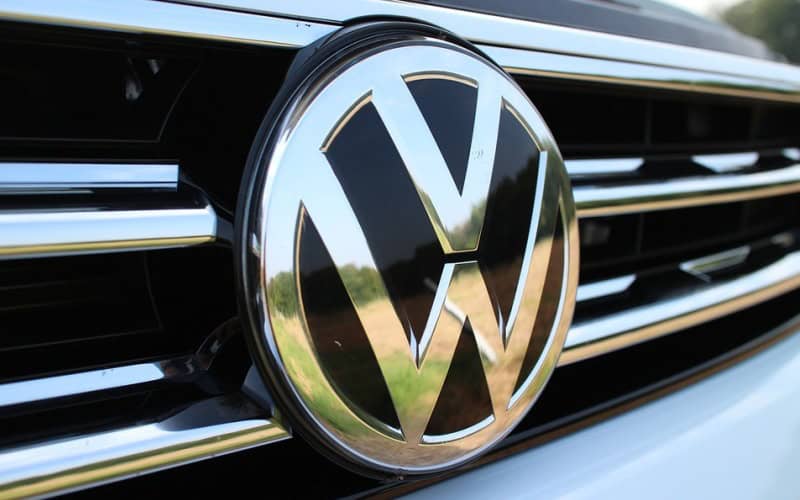Puebla: Mexican farming communities accused German auto giant Volkswagen on Tuesday of “arbitrarily” provoking a drought in the central state of Puebla to protect its newly manufactured cars from hail.
Volkswagen, which has a major plant in Puebla, has been using “hail cannons” — sonic devises that purport to disrupt the formation of hail in the atmosphere — to disperse storm clouds menacing the thousands of new cars parked on its lots.
But farmers in Cuautlancingo, the rural municipality where the plant is located, say the controversial technique is causing a drought that has made them lose 2,000 hectares (nearly 5,000 acres) of crops.
Scientists are skeptical over whether hail cannons actually work.
But local farmers say the cannons work so well they have dispersed not only hail storms but all precipitation since May — what was supposed to be the start of the rainy season.
The farmers are reportedly seeking more than 70 million pesos (nearly $4 million) in compensation from the automaker.
Volkswagen tried to defuse the conflict this week by announcing it was taking the cannons off automatic mode and would only fire them when potential hail storms approached.
It also pledged to invest in protective mesh to serve as its first line of defense against hail.
But that only added to the fury of local farmers and officials who have been protesting against the auto maker.
“It is unacceptable that they continue using this device, even in manual mode. They are not respecting their neighbors’ request to definitively stop using hail cannons. They are acting arbitrarily,” said Rafael Ramirez, the top local environmental official.
“The company can take other measures to protect its cars, but people here can’t live off anything but their land,” he told AFP.
“Volkswagen claims to be an environmentally friendly company, but they’re not showing it.”
Gerardo Perez, a leader of the farmers who have been protesting against Volkswagen, said the hail cannons are “affecting the Earth’s cycles.”
When they emit their sonic booms, “the sky literally clears and it simply doesn’t rain,” he said.
It is not the first environmental controversy for the car maker, which is still dealing with the fallout of an emissions cheating scandal that erupted in 2015.
Volkswagen Mexico officials did not immediately answer requests for comment. The company has responded in the past that it has all necessary permits from Puebla state officials to operate the devices.
Volkswagen launched operations in Mexico in 1965.
The Puebla plant is its largest in the world outside Germany. It produces more than 450,000 vehicles a year and operates around the clock, employing some 15,000 people.
[source_without_link]AFP[/source_without_link]

